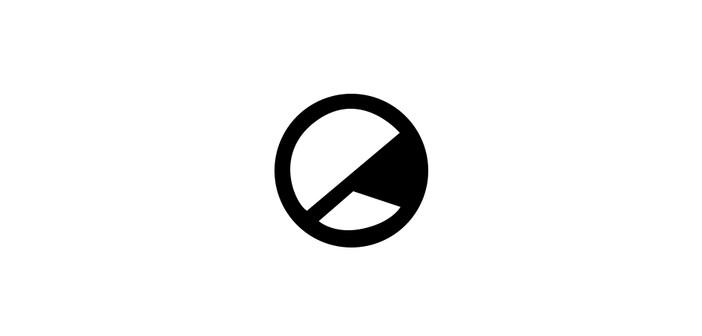The Eurovision Song Contest is the pinnacle of humanity. Each year since 1956, up to 27 nations have battled it out in the ultimate televised bloodbath in front of hundreds of millions, with their weapons of cheesy pop songs and questionable dance moves.
But you knew that already, for Eurovision also serves as that most British of institutions: an excuse to chuckle with schadenfreude at our own mediocrity. Until 2002 things were pretty consistently adequate, concluding with Jessica Garlick’s second place in Estonia. What followed was so beautifully catastrophic that the hangover lingers to this day.
Enter Jemini, a peroxide Liverpudlian duo who somehow triumphed in the televised heats with ‘Cry Baby’, a breakup anthem that stood in defiance against the anonymous dumpee and what music theory teaches us about singing in tune. The result? A soul-crushing yet well deserved nul points. The ultimate Eurovision failure, not to be repeated until Germany and hosts Austria failed to inspire in 2015, doubles as one of the most memorable moments of the competition’s history. Only one UK entrant since, Jade Ewen in 2009 with a song composed by Andrew Lloyd Webber, has even come near the top 10. Within months, she was the sixth and seemingly final Sugababe.
Those who do escape the Europop Games arena with shreds of credibility intact can indeed go on to become superstars. Though it is true that we haven’t heard much of recent victors like Emmelie de Forest and Dima Bilan since their triumphs, we’d never have seen Abba, Céline Dion, or the second leg of Jedward’s career without the contest. The winner certainly does take it all, providing at least five minutes of fame and a snarky comment from Graham Norton suffices.
That’s what makes Eurovision. It’s that solitary beast among the cacophony of singing competitions with a genuine blend of fun, frivolity, and what can (usually) be accurately described as music. Sixty competitions have been and gone and the show still goes on, viewed by up to 600 million on television as an international ritual. Australia, adoring fans from afar, turned special guests in 2015 to celebrate the anniversary and were so impressive that they’ll be lining up in Stockholm in May, and even China has expressed an interest.
Madonna once said that music makes the people come together, rather like the European Union itself intends. Somehow, for one night each May, a continent puts aside its differences and deliberations about Schengen and financial woe in favour of a night by the telly together, truly, as one.
The 2016 Eurovision Song Contest takes place on May 14th in Stockholm.



![Midge Ure on Legacy, Live Aid, and his upcoming ‘Catalogue’ tour: ‘The idea that there could be an [AI] Ultravox in 40/50 years from now is terrifying’](https://theedgesusu.co.uk/wp-content/uploads/2024/03/download-214x140.jpg)
